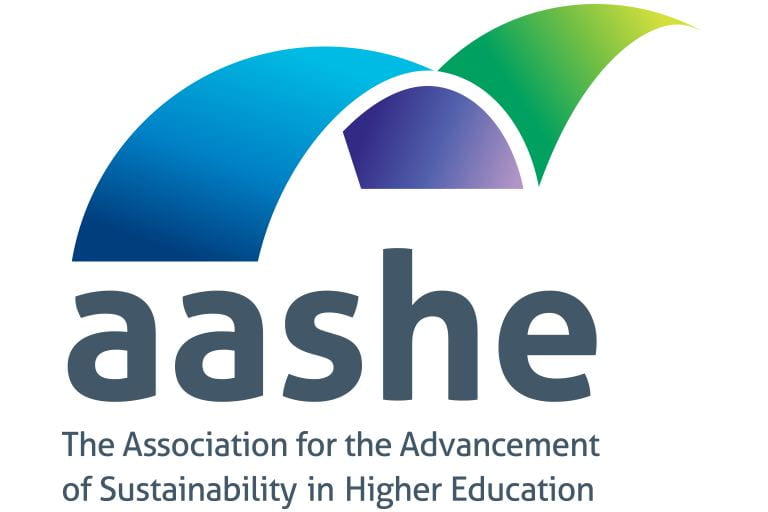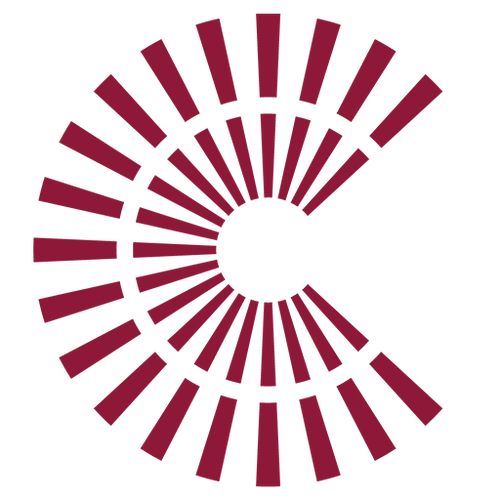Local community partners as well as members of the GW community are being offered a great opportunity with GW’s Art Therapy Graduate Program. Single workshops or a weekly workshop series can be designed for specific audiences, including teachers, frontline workers, parents, students, older adults, or volunteer staff.
Masters students in this program will provide therapeutic art workshops, delivered virtually through Zoom. The students will develop the workshops through a practicum course, with oversight from their professors.
Students can work with you to develop the topics for the GW community (faculty, staff, students) as well. Coordinators are needed to help the students develop an understanding of the intended audience, and provide outreach to potential workshop participants. Examples of workshops typical for an art therapy program include:
- Managing stress through art-making
- Using art in the fight for racial justice
- Art-making for self-care under pressure
- Creating connections with art
- Coping with the unexpected using art
- Honoring our losses through art
- Art as communication: When words don’t work
- Visual storytelling in COVID times
If you are interested in working with a pair of students to develop workshops for one of your audiences, contact Lisa Garlock, lgarlock@gwu.edu.
Prof. Garlock will be hosting an information session for those interested in learning more about this opportunity:
Thursday, October 1, at 10am.
Join Zoom Meeting
https://us04web.zoom.us/j/77195450328?pwd=N0tEcmplTTk2VHZ3eFlJcTMzd0dUQT09
Meeting ID: 771 9545 0328
Passcode: 7SnhRP












